Physics
Sign up for our newsletter
We summarize the week's scientific breakthroughs every Thursday.
-
 Earth
EarthHere are 5 of the weirdest auroras, including the newly spotted ‘dunes’
A newfound type of aurora dubbed the “dunes” joins the ranks of black auroras, STEVE and other obscure auroral phenomena.
-
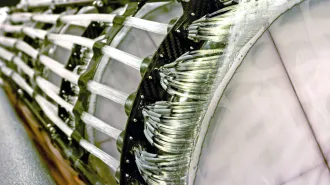 Physics
PhysicsA barrier to colliding particles called muons has been smashed
Future particle accelerators could slam muons together to reach higher energies than any before.
-
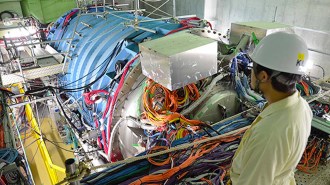 Particle Physics
Particle PhysicsMisbehaving kaons could hint at the existence of new particles
Certain extremely rare decays seem to be happening more often than expected, and scientists don’t know why.
-
 Materials Science
Materials ScienceThe containers the U.S. plans to use for nuclear waste storage may corrode
The different components of a nuclear waste storage unit start to corrode each other when wet, new lab experiments show.
-
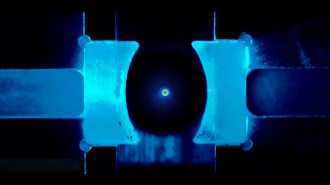 Physics
PhysicsScientists cooled a nanoparticle to the quantum limit
Physicists decreased a nanoparticle’s motion to the lowest level allowed by quantum mechanics.
-
 Physics
PhysicsA quantum strategy could verify the solutions to unsolvable problems — in theory
A quantum technique for verifying solutions to difficult problems could apply to an “unbelievably huge” class of puzzles.
-
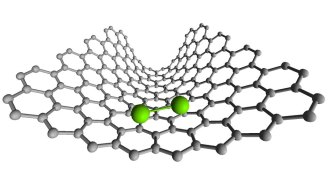 Chemistry
ChemistryA dance of two atoms reveals chemical bonds forming and breaking
Two rhenium atoms approach and retreat from one another in an electron microscope video.
-
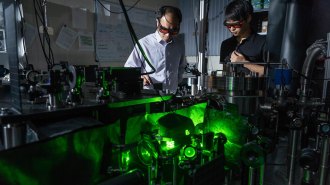 Physics
PhysicsThe fastest-spinning object ever made could help spot quantum friction in a vacuum
Scientists have developed a torque sensor made with a nanoparticle that can spin more than 300 billion times a minute.
-
 Physics
PhysicsHow to restore the legendary acoustics of Notre Dame
Using heritage acoustics, researchers hope to help restore the sound of Paris's Notre Dame cathedral.
-
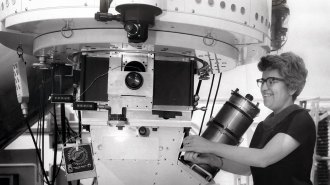 Space
SpaceDark matter pioneer Vera Rubin gets a new observatory named after her
A new effort to study the cosmos is named after Vera Rubin, an astronomer who searched out dark matter and battled sexism.
-
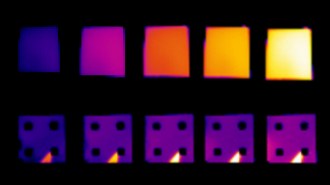 Materials Science
Materials ScienceThis material could camouflage objects from infrared cameras
A coating of samarium nickel oxide counteracts hotter objects’ tendency for brighter thermal radiation.
-
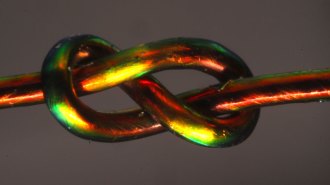 Math
MathColor-changing fibers help reveal mysteries of how knots work
Experiments with colorful fibers helped scientists discover a few simple rules behind knots’ varying strengths.